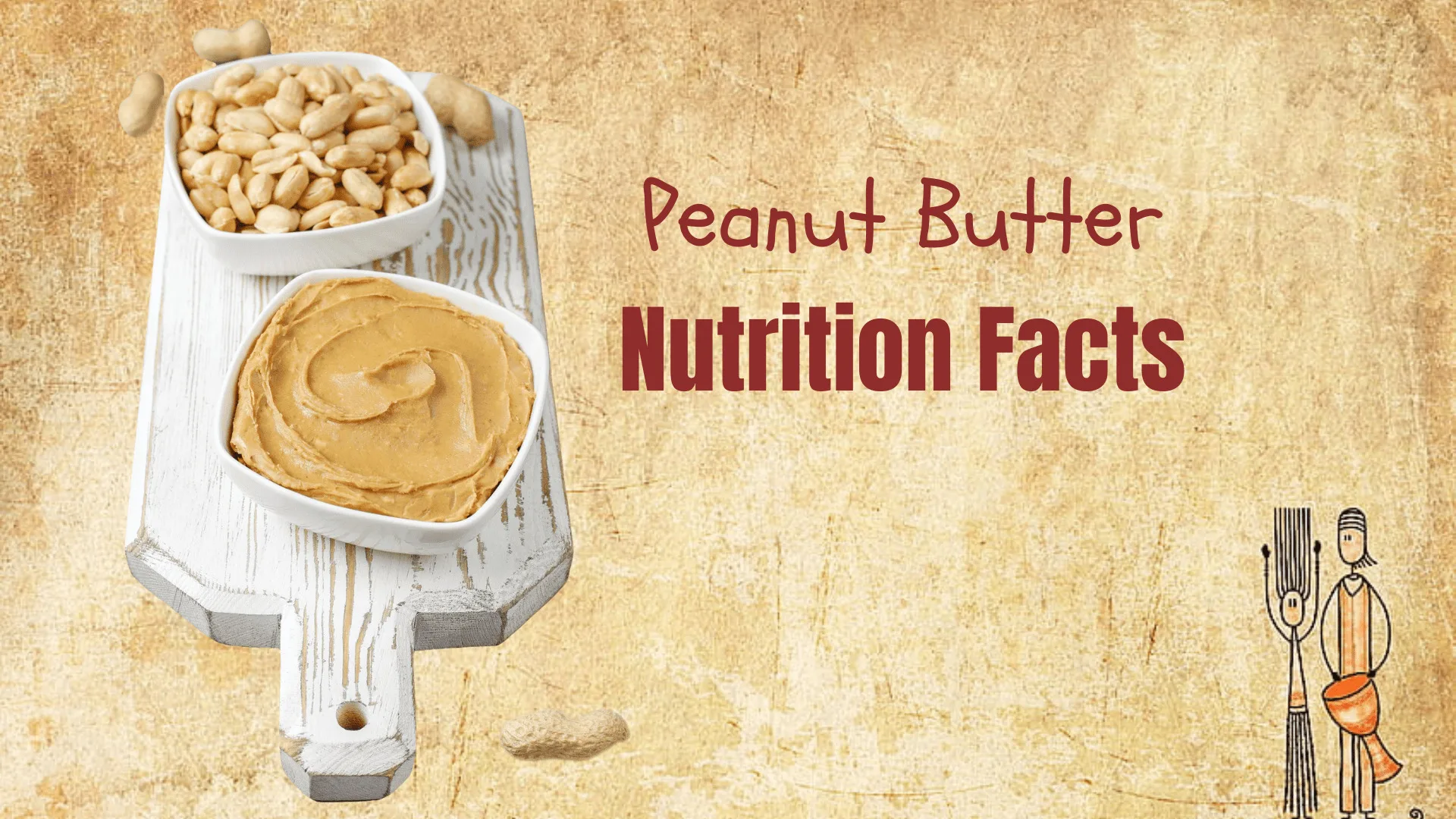Peanut butter has entrenched itself as a staple in American households, with each person consuming an average of three pounds annually. While it’s a cost-effective source of plant protein, understanding its nutritional nuances is crucial. Let’s delve into the world of peanut butter nutrition and uncover its health benefits.
Peanut butter is not just a tasty spread; it’s a nutrient-dense food that provides a myriad of health benefits. Despite its popularity, it’s essential to be aware of both its positive and potentially adverse effects on health.
Who invented peanut butter?
While peanut butter has ancient origins, the credit for its invention in its modern form is often attributed to Dr. John Harvey Kellogg, a vegetarian physician from the United States, around the late 19th century. He is said to have created a paste from roasted peanuts, initially as a protein substitute for his patients with poor teeth who couldn’t chew meat.
However, it was George Washington Carver, an African-American scientist and inventor, who significantly contributed to popularizing and improving peanut products, including peanut butter, in the early 20th century. Carver’s work focused on promoting peanuts and other crops to enhance soil quality and provide nutritious food options. While he didn’t invent peanut butter, his advancements and promotion of peanuts played a crucial role in its widespread acceptance and popularity.
Nutritional Profile of Peanut Butter
Peanut Butter Nutrition Facts
Per serving (2 tablespoons), peanut butter offers 190 calories, 16g of fat, 8g of carbs, 2g of fiber, and 7g of protein. Understanding these nutritional components is crucial for making informed dietary choices.
Carbs in Peanut Butter
Peanut butter’s low carbohydrate content, constituting only 13% to 16% of its weight, results in a low glycemic index. This makes it a favorable option for those managing blood sugar levels.
Fats in Peanut Butter
Despite its 16g of fat per serving, the majority are monounsaturated and polyunsaturated fats, which have positive effects on cholesterol levels. However, some commercial brands may contain hydrogenated oils, affecting lipid levels.
Protein in Peanut Butter
With approximately 35% of its weight from protein, peanut butter is a noteworthy plant-based protein source, providing 7g per serving.
Related: Revitalize Your Diet with 25 High Protein Meals for Sustained Satisfaction
Vitamins and Minerals
Peanut butter is a nutrient powerhouse, contributing significantly to the recommended daily intake of various vitamins and minerals, including copper, manganese, and B-complex vitamins.
Calories in Peanut Butter
While packing 191 calories per serving, peanut butter’s nutritional density makes it a valuable addition to a well-balanced diet.
Health Benefits of Peanut Butter
Aiding in Weight Loss
Peanut butter’s protein and fat content may promote satiation, potentially aiding in weight loss. In any case, segment control is fundamental because of its calorie thickness.
Related: How to transform your body from fat to fit in 3 Months!
Diminishing the Gamble of Coronary Illness
Scientific opinions vary, but some studies suggest that compounds in peanuts, such as resveratrol, may reduce cardiovascular inflammation and lower blood pressure.
Managing Blood Sugar Spikes
A 2018 study revealed that adding peanut butter to a high-glycemic index meal could mitigate blood glucose spikes, making it beneficial for those concerned about diabetes.
Muscle Building
Rich in magnesium and protein, peanut butter contributes to muscle management and strength building, making it a valuable addition to a fitness-oriented diet.
Improving Memory
Research indicates that regular consumption of peanuts and peanut butter may enhance cognitive function and reduce anxiety, showcasing potential benefits beyond basic nutrition.
Peanut Allergies: Prevalence and Prevention
The Severity of Peanut Allergies
Peanut allergies, affecting 1% of the U.S. population, can range from mild to life-threatening. A timely introduction to peanuts in a child’s diet can sensitize them, potentially preventing allergies.
Recommendations for Introducing Peanuts
The American Academy of Allergy, Asthma, and Immunology suggests introducing peanuts early in a child’s diet, starting as early as four to six months, to reduce the risk of allergies.
Adverse Effects and Caution
While rare, excess consumption of resveratrol in peanut butter can inhibit blood clotting, necessitating moderation, especially for individuals on blood thinners.
Peanut Butter Varieties
Natural and Organic Peanut Butter
Distinguishing between peanut butter varieties is vital. Natural and organic options contain only peanuts, devoid of additives, providing a purer alternative.
Other Varieties and Additives
Mainstream brands may include additives like salt, sugar, or oils. Understanding these variations empowers consumers to make choices aligning with their health goals.
Peanut Butter Protein Powder
For those watching their calorie intake, peanut butter protein powder offers a versatile, reduced-calorie option for incorporating peanut flavor into various dishes.
Related: The 7 Amazing Benefits of Avocados You May Not Be Aware Of
Storage and Food Safety
How long does peanut butter last and Storage Tips
Proper storage is essential to maintain peanut butter quality. Natural varieties, lacking stabilizers, should be refrigerated to prevent spoilage, while regular peanut butter has a longer shelf life.
Signs of Spoiled Peanut Butter
Visual cues, such as discoloration or mold, indicate spoiled peanut butter. Aflatoxin, a mold common in peanuts, is a carcinogen, underscoring the importance of discarding compromised products.
Creative Ways to Include Peanut Butter in Your Diet
Peanut butter’s versatility extends beyond sandwiches. From snacks to savory meals, incorporating it creatively can elevate the nutritional content of your die
In conclusion, peanut butter is more than just a beloved spread. Its nutritional richness, coupled with potential health benefits, makes it a valuable addition to a well-rounded diet. However, mindful consumption and awareness of individual health conditions are key.
FAQs:
1. Is peanut butter suitable for weight loss?
– While it can aid in satiation, moderation is crucial due to its calorie density.
2. Can peanut butter reduce the risk of heart disease?
– Some studies suggest potential benefits, but individual responses may vary.
3. When should peanuts be introduced to a child’s diet?
– The AAAAI recommends as early as four to six months to reduce allergy risks.
4. Are there adverse effects of peanut butter consumption?
– Excessive intake may impact blood clotting, particularly for those on blood thinners.
5. What is the shelf life of peanut butter?
– Natural peanut butter lasts two to four months in the pantry and three to six months refrigerated.






